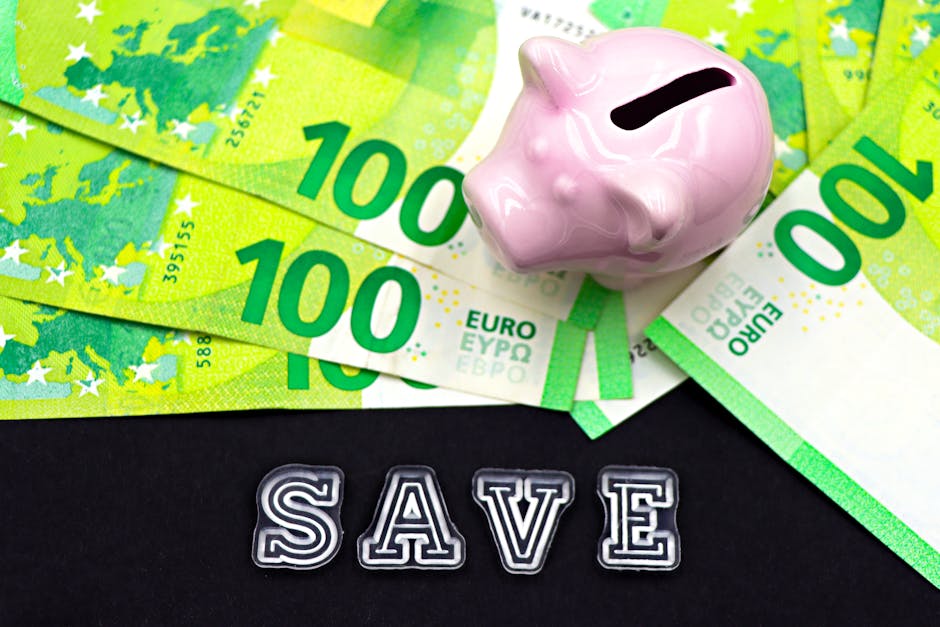Complete Guide to Emergency Funds: Build Your Financial Safe
By CFPB Financial Education Team | 8 min read

Learn how to build an emergency fund that protects your finances during unexpected events. Expert advice from government financial experts.
The Consumer Financial Protection Bureau (CFPB) emphasizes the importance of building an emergency fund to protect against unexpected financial hardships. ## Why You Need an Emergency Fund An emergency fund serves as your financial safety net when life throws unexpected expenses your way: - **Job loss or reduced income** - **Medical emergencies and unexpected healthcare costs** - **Major car repairs or home maintenance** - **Family emergencies requiring travel** ## How Much Should You Save? Financial experts recommend saving 3-6 months of living expenses, but start with smaller goals: **Beginner Goal: $1,000** This covers most common emergencies like car repairs or minor medical bills. **Intermediate Goal: 1 Month of Expenses** Calculate your monthly essential costs: rent, utilities, food, minimum debt payments. **Advanced Goal: 3-6 Months of Expenses** Provides comprehensive protection for major life disruptions. ## Where to Keep Your Emergency Fund The CFPB recommends keeping emergency funds in accounts that are: - **Easily accessible** - No penalties for withdrawals - **Separate from spending accounts** - Reduces temptation to spend - **FDIC insured** - Protects your money up to $250,000 **Best Account Types:** - High-yield savings accounts - Money market accounts - Certificates of deposit (short-term) ## Building Your Fund Step by Step **Step 1: Start Small** Even $25 per month builds to $300 in a year. **Step 2: Automate Savings** Set up automatic transfers on payday. **Step 3: Save Windfalls** Direct tax refunds, bonuses, and gifts to your emergency fund. **Step 4: Reduce Expenses Temporarily** Cancel subscriptions, eat out less, find free entertainment. ## Common Mistakes to Avoid - **Investing emergency funds** - Keep them liquid and safe - **Using credit cards as emergency funds** - This creates debt, not security - **Touching the fund for non-emergencies** - Stay disciplined about what constitutes an emergency ## Government Resourc